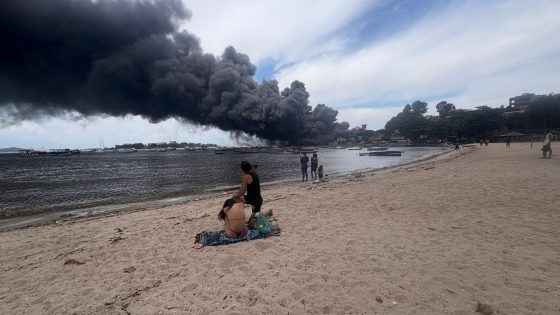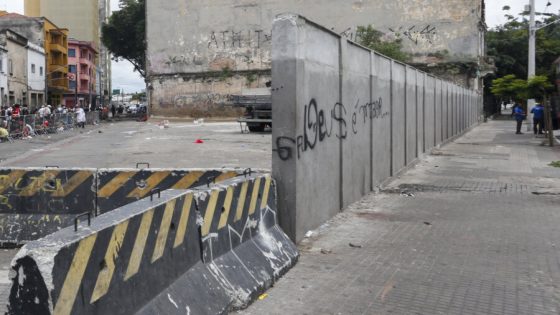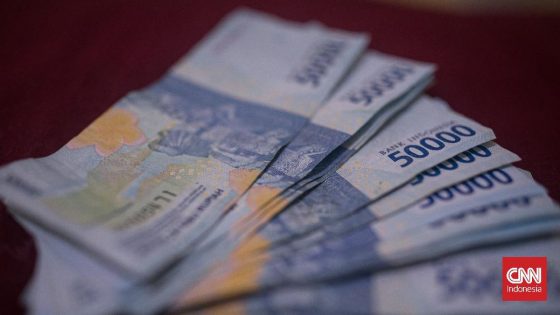On February 8, 2025, a massive fire broke out at an oil factory in Ilha do Governador, Rio de Janeiro. The incident prompted immediate action from multiple fire stations, raising concerns about safety and environmental impact. How did this fire escalate so quickly?
- Fire stations in Fundão were activated.
- Central, Penha, and Ilha do Governador involved.
- Response time was around 12h36.
- Additional stations from Campos Elísios dispatched.
- Barra de Tijuca also sent personnel.
- Water supply technical group from São Cristóvão responded.
Major Fire at Oil Factory Raises Safety Concerns in Rio de Janeiro
This alarming event has left many wondering about the safety measures in place at industrial facilities. How prepared are these factories for emergencies? The fire started around 12:36 PM, with multiple fire stations responding swiftly to control the blaze.
Fire Response: How Local Fire Stations Mobilized Quickly
In response to the fire, various fire stations, including those from Fundão, Central, Penha, and Ilha do Governador, were dispatched promptly. This rapid mobilization is crucial in mitigating damage and ensuring public safety.
Key Fire Stations Involved in the Response
Several fire stations played a vital role in tackling the fire:
- Fundão Fire Station
- Central Fire Station
- Penha Fire Station
- Ilha do Governador Fire Station
Environmental Impact of Industrial Fires
Fires in industrial settings can have severe environmental consequences. The release of toxic substances can affect air and water quality, posing risks to both wildlife and human health. It’s essential for industries to have robust safety protocols in place.
Preparedness for Future Incidents
This incident serves as a reminder of the need for improved safety measures in industrial areas. Regular fire drills, updated equipment, and community awareness can significantly reduce risks in the event of another fire.
In conclusion, the fire at the oil factory in Ilha do Governador underscores the importance of fire safety in industrial zones. As communities and industries learn from such events, proactive measures can help prevent future disasters.
































